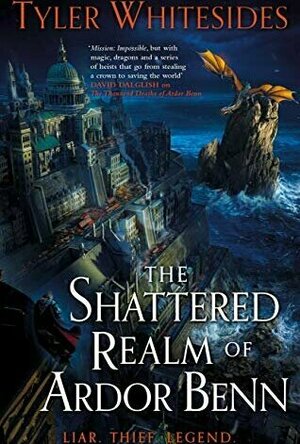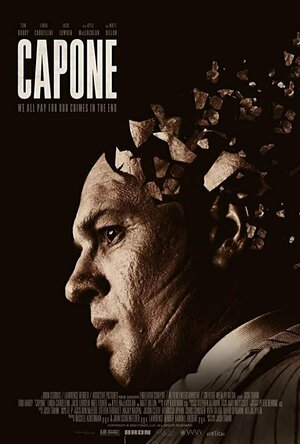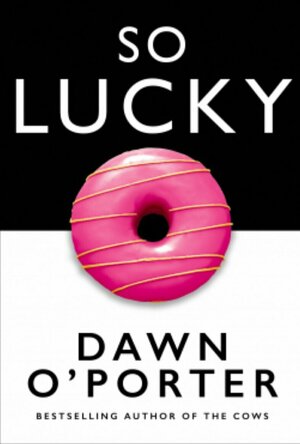
Oswald Boelcke: Germany's First Fighter Ace and Father of Air Combat
Book
Oswald Boelcke was Germany's first ace in World War One with a total of forty victories. His...
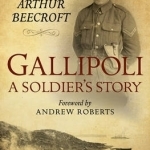
Gallipoli: A Soldier's Story
Arthur Beecroft and Andrew Roberts
Book
At the start of the First World War, Arthur Beecroft was a recently qualified barrister in his...
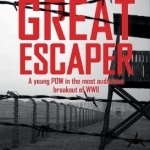
Great Escaper: A Young POW in the Most Audacious Breakout of WWII
Book
John 'Willy' Williams was a medical student and passionate surfer turned Squadron Leader and Second...
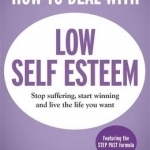
How to Deal with Low Self-Esteem: A 5-Step, CBT-Based Plan for Overcoming Negative Thoughts and Eliminating Self-Doubt
Book
Everyone can identify with feelings of uncertainty. To worry about our status in the world and to...
The Alzheimer's Solution: A Breakthrough Programme to Prevent and Reverse the Symptoms of Cognitive Decline at Every Age
Dean Sherzai and Ayesha Sherzai
Book
'The Alzheimer's Solution is a very important book on the role of lifestyle in successful cognitive...
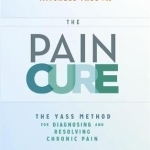
The Pain Cure: The Yass Method for Diagnosing and Resolving Chronic Pain
Book
An estimated one billion of us across the globe suffer from chronic pain every day. Many of us have...
The Wonder of the Human Hand: Care and Repair of the Body's Most Marvelous Instrument
Book
Using our hands, we interact with the environment in ways that are more sophisticated, more varied,...
Ross (3284 KP) rated The Shattered Realm of Ardor Benn in Books
Mar 12, 2021
The second Ardor Benn book is another epic tale of the ruse artist taking on the royal family. The first book saw Ard's efforts depose the current king and save the dragon race (and hence the world). Sadly, the replacement royalty is no better and the Great Chain is now scattered into different, warring islands. Ard finds himself embroiled in a plot to unearth the conspiracy that the new king's dead nephew, and the rightful heir, is not actually dead.
There is also an interesting new subplot where we see a university professor tasked with discovering new Grit types (the world's magic system, whereby different materials once digested and fired by a dragon produce different magical results). This angle, like the industrial/medical revolution is surprisingly thrilling, with additional intrigue as the results become the interests of some unsavoury characters.
Ard and Raek are once again superb and quickly put together a plot to infiltrate a secret criminal underworld and discover the whereabouts of the true king. The secrecy and plotting, and use of the world's magic makes for some excellent exciting passages.
There are the usual twists and turns along the way, as the security measures in place in the secret society make it hard for Ard to progress too quickly.
As with the first book, the true nature of this strange world is unveiled a little more over the course of the book in spectacular fashion.
A wonderful fun read.
LoganCrews (2861 KP) rated Fonzo (Capone) (2020) in Movies
Jul 4, 2021
Beth has a husband who is struggling with Beth’s roles as a mother and a wife and consequently won’t have sex with her. The final main character, Lauren, is a model and seems to have it all. At least that’s what her Instagram posts tell us (and by the way, some of the comments on her Instagram posts are so funny. Not very nice, but very funny!).
These are all very relatable women, we may not have ‘been there’ but we can understand and relate to where they’re coming from. Beth’s employee, Risky (and what an appropriate name that is!) was such a good character - she seemed to be there to remind the reader that everything is normal, and we should support and empower one another as women. And she was hilarious. Because I both laughed out loud and I cried at this book. Parts were just heartbreaking, saved by a healthy dose of black humour.
This is the first Dawn O’Porter book I’ve read, and it’s thanks to The Pigeonhole that I got the opportunity to do so. She’s not an author that I’d immediately think of reading, but I’m so glad that I did. This is an excellent book, and I’d highly recommend it.

